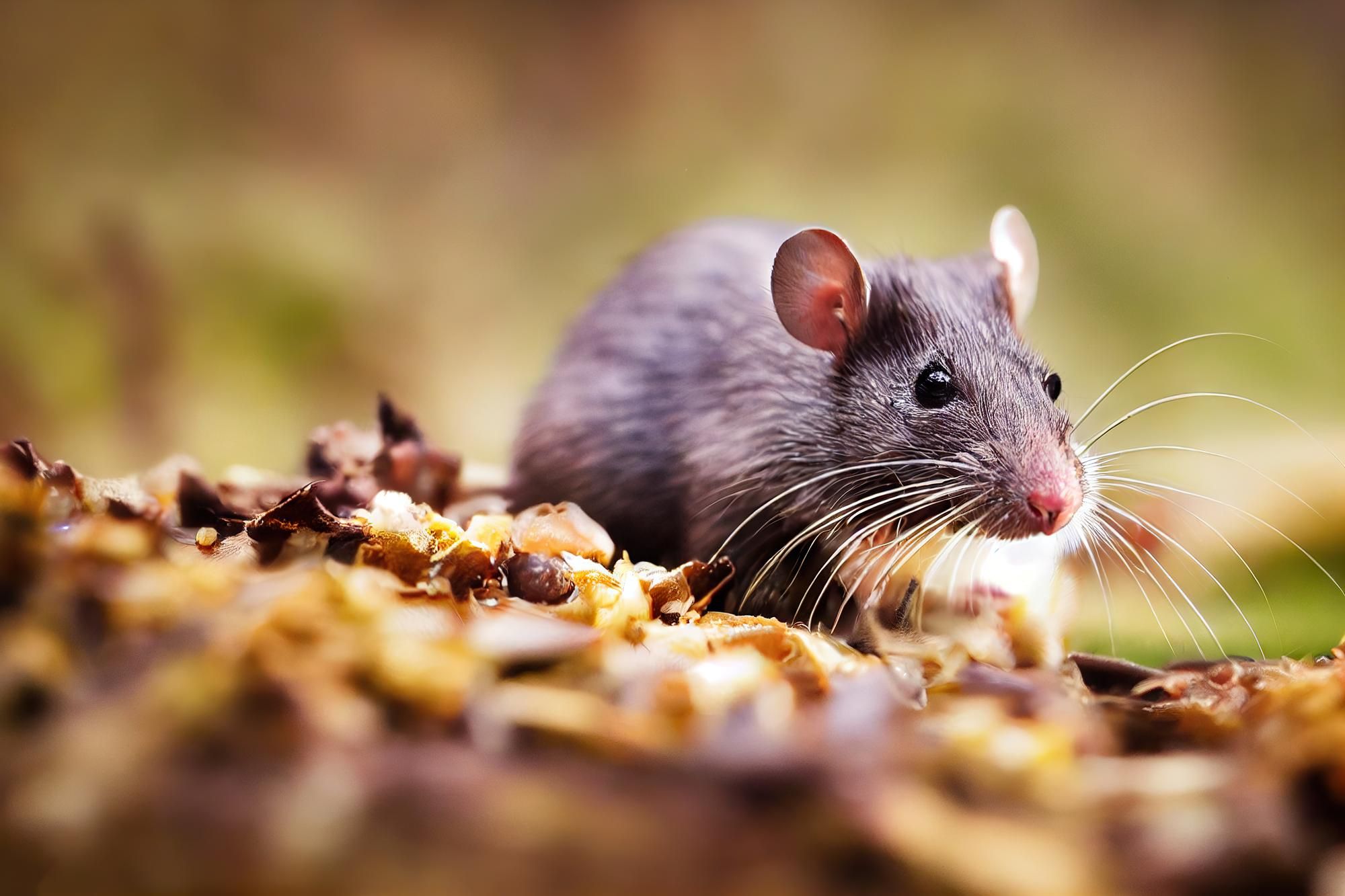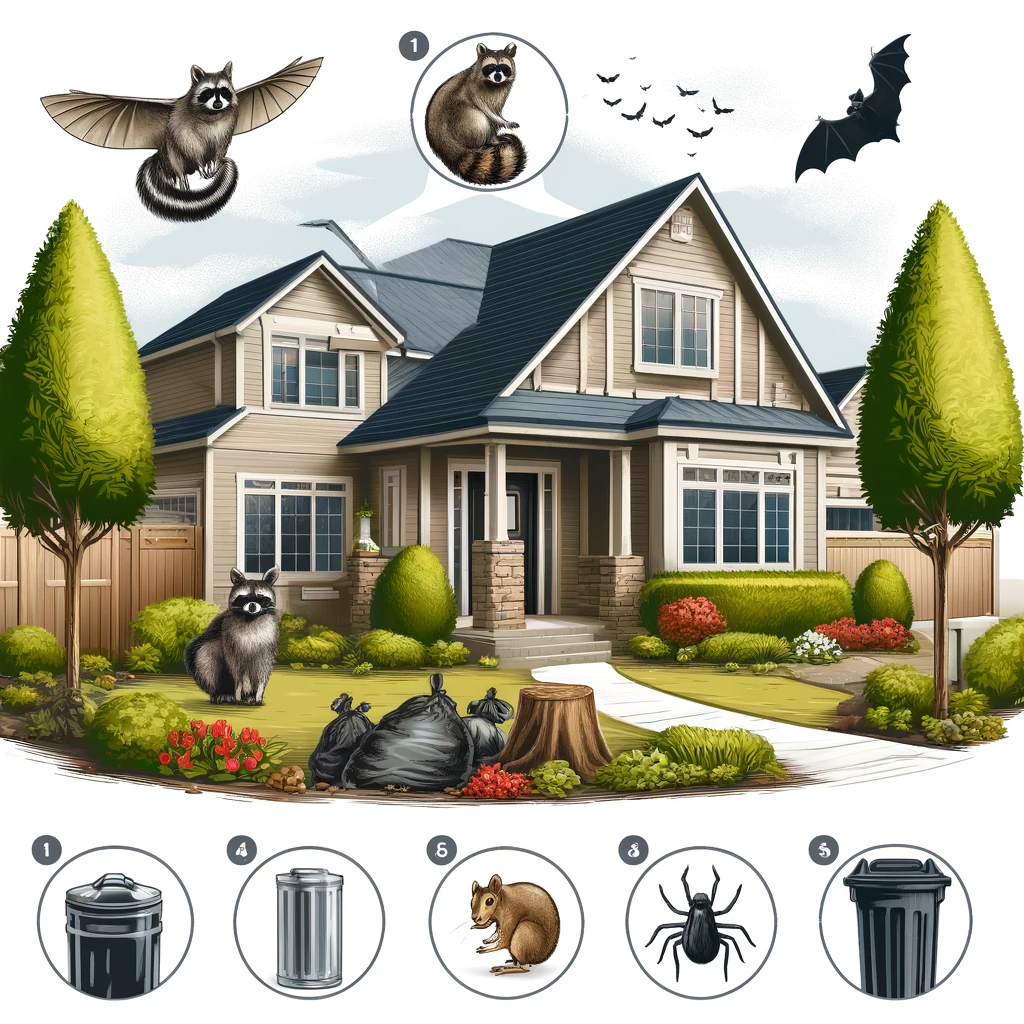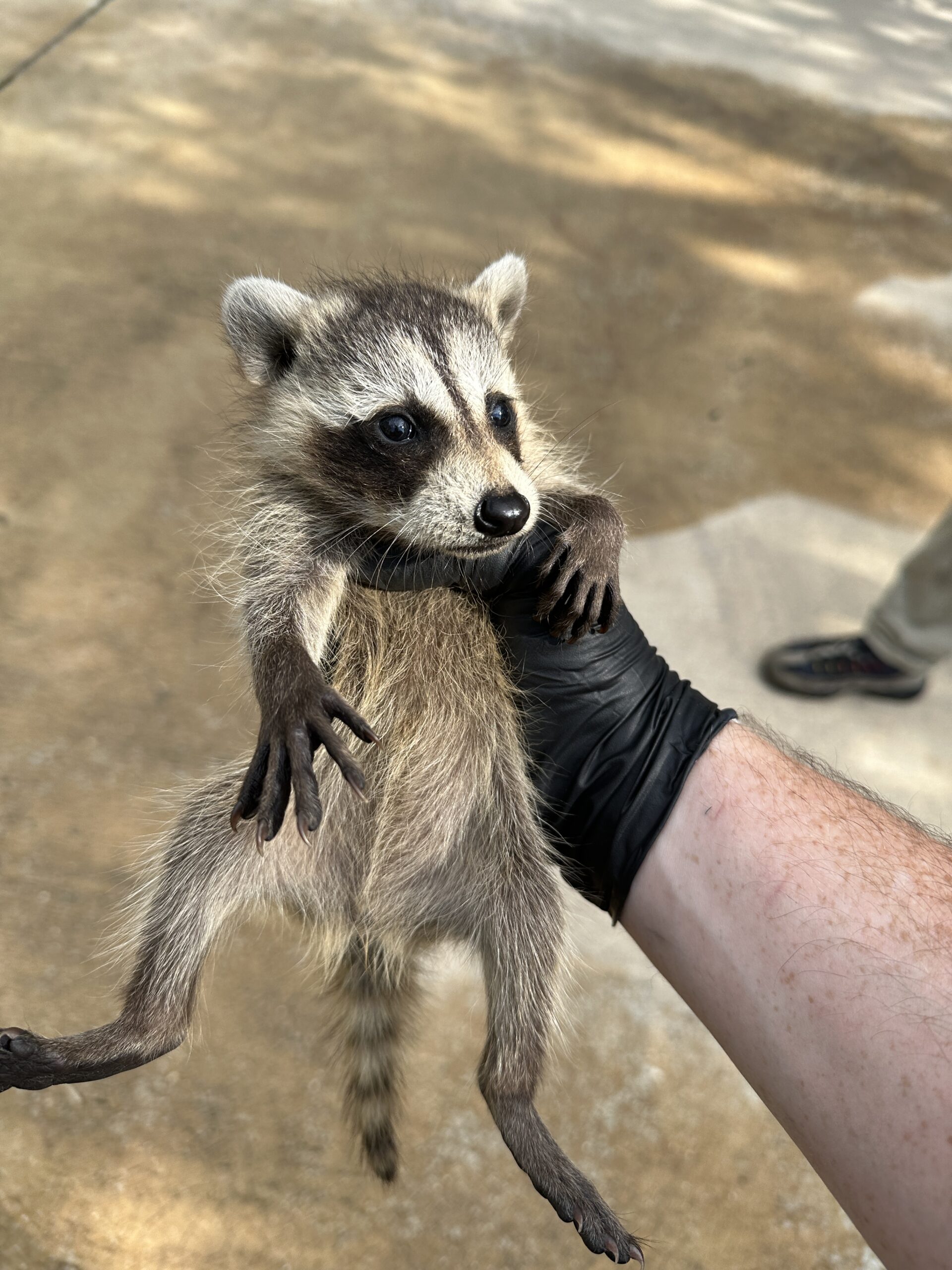Winter is on its way, and with it comes a potential invasion: rodents seeking shelter in your home. As temperatures drop, mice, rats, and squirrels will be on the lookout for warm and cozy places to nest. Don’t let these unwelcome guests turn your home into their winter retreat. Take action now to protect your home from rodent invasions.
In this article, we will share some essential tips to ensure that your home remains rodent-free throughout the winter months. From sealing entry points to eliminating potential food sources, we will provide you with the knowledge and tools you need to keep these furry intruders at bay.
Learn how to spot the signs of a rodent infestation before it becomes a full-blown problem. Discover the most effective methods for rodent-proofing your home, both indoors and outdoors. We will also discuss eco-friendly and humane ways to deal with any rodent issues you may encounter.
Winter is coming, but that doesn’t mean you have to share your home with rodents. Read on to discover how to protect your home from these furry invaders and ensure a warm and pest-free winter season.
Common rodents that invade homes during winter
During the winter months, rodents like mice, rats, and squirrels will seek shelter in your home to escape the cold temperatures outside. These unwanted guests can cause a range of problems, from chewing through electrical wires to contaminating food sources and spreading disease.
Mice are the most common rodents found in homes during winter. They can fit through small gaps and holes, making it easy for them to enter your home unnoticed. Rats, on the other hand, are larger and can cause more damage to your property. Squirrels are also a common nuisance, as they can chew through wooden structures and cause damage to your roof and attic.
To avoid a rodent infestation in your home, it’s essential to take proactive measures to prevent them from entering your property in the first place.
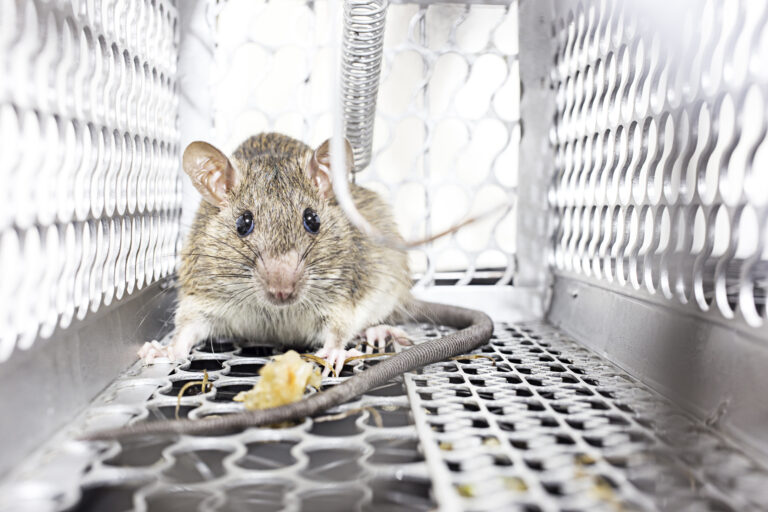
Signs of a rodent infestation in your home
Rodents are known for their ability to hide, making it difficult to spot a problem until it becomes severe. However, there are some telltale signs of a rodent infestation that you can look out for:
– Droppings: Rodent droppings are small and pellet-shaped, and can often be found near their nesting areas or food sources.
– Gnaw marks: Rodents have strong teeth that they use to chew through wood, plastic, and electrical wires.
– Strange noises: If you hear scratching or scampering sounds coming from your walls or attic, it could be a sign of a rodent infestation.
– Nests: Rodents will create nests using materials like paper, fabric, and insulation. Look out for these in areas like your attic or basement.
If you notice any of these signs, it’s essential to take action immediately to prevent the problem from getting worse.
Health risks associated with rodent infestations
Rodents are not just a nuisance; they can also pose significant health risks to you and your family. They can carry a range of diseases, such as salmonella, hantavirus, and leptospirosis, which can be transmitted through their urine, droppings, and saliva.
In addition to disease, rodents can also trigger allergies and asthma symptoms in some people. Their droppings and urine can cause respiratory problems, especially in those with pre-existing conditions.
It’s essential to take precautions to protect your health and prevent the spread of disease in your home.
Preventive measures to protect your home from rodent invasions
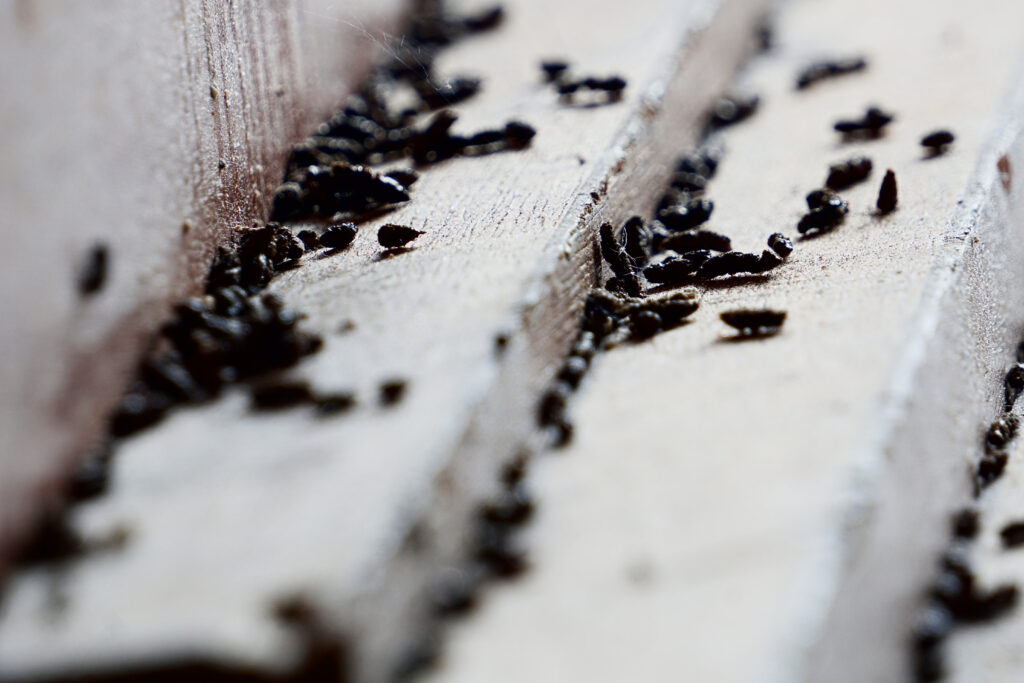
To prevent rodents from entering your home, it’s crucial to seal off any potential entry points. Mice can fit through gaps as small as a dime, so it’s essential to be thorough in your search for entry points.
Start by inspecting the outside of your home for any cracks or gaps in your foundation, walls, or roof. Seal these off with caulk or foam insulation. Check your doors and windows for any gaps, and use weather stripping to seal them off.
It’s also important to keep your home clean and tidy to eliminate any potential food sources for rodents. Store food in airtight containers, and dispose of any garbage promptly. Keep your kitchen and dining areas clean and free of crumbs.
Sealing potential entry points in your home
Rodents can enter your home through small gaps and holes, so it’s crucial to be thorough in your search for entry points. Start by inspecting the outside of your home for any cracks or gaps in your foundation, walls, or roof.
Seal these off with cement or metal flashing. Check your doors and windows for any gaps, and use weather stripping to seal them off. Pay close attention to areas where pipes or wires enter your home, and seal these off as well.
It’s also important to check your attic and basement for any gaps or holes that rodents can use to enter your home. If you need assistance with this, you can reach out to a wildlife professional for help.
Proper storage and food disposal to deter rodents
Rodents are attracted to food sources, so it’s essential to keep your home clean and tidy to eliminate any potential food sources for rodents. Store food in airtight containers, and dispose of any garbage promptly.
Keep your kitchen and dining areas clean and free of crumbs. Sweep and mop regularly, and wipe down your countertops and tables to remove any food residue.
It’s also important to avoid leaving pet food out overnight, as this can attract rodents. Store pet food in airtight containers and feed your pets at specific times of the day.
Using traps and baits to control rodent populations
If you have a rodent infestation in your home, it’s essential to take action immediately to prevent the problem from getting worse. One of the most effective ways to control rodent populations is to use traps and baits.
There are several types of traps available, from snap traps to humane traps. Snap traps are the most common and are effective at killing rodents quickly. Humane traps allow you to capture rodents without harming them and release them back into the wild.
Baits are also an effective way to control rodent populations. These are usually made up of poison or other toxins that rodents find attractive. Be sure to read the instructions carefully and use baits according to the manufacturer’s recommendations.

Hiring professional pest control services for severe infestations
If you have a severe rodent infestation in your home, it’s essential to seek professional help. Pest control services can help you identify the extent of the infestation and provide you with a customized treatment plan to eliminate the problem.
Professional pest control services can also offer advice on how to prevent future infestations and provide ongoing maintenance to keep your home rodent-free.
Conclusion: Taking proactive steps to keep your home rodent-free during winter
Winter is coming, and with it comes a potential invasion: rodents seeking shelter in your home. By taking proactive measures like sealing entry points, eliminating food sources, and using traps and baits, you can prevent rodents from entering your home and causing problems.
If you do have a rodent infestation, it’s essential to take action immediately to prevent the problem from getting worse. By hiring professional pest control services, you can eliminate the problem and prevent future infestations.
Don’t let rodents turn your home into their winter retreat. Take action now to protect your home from rodent invasions and ensure a warm and pest-free winter season.

